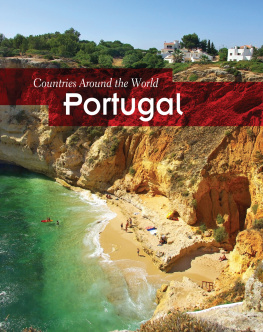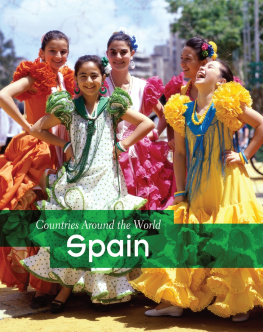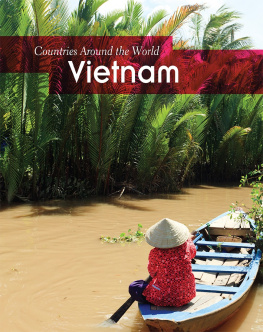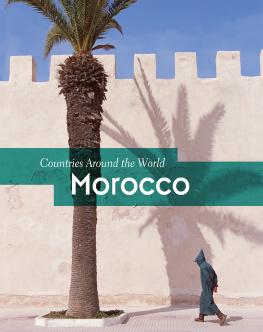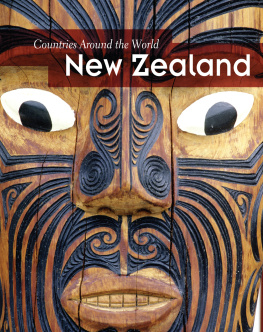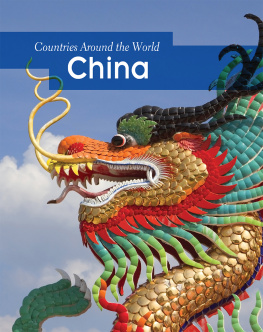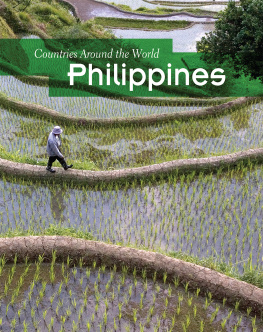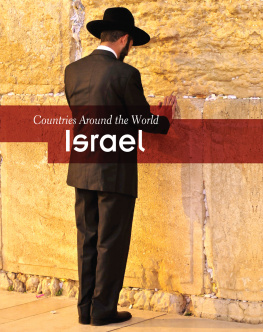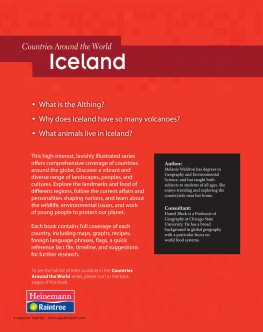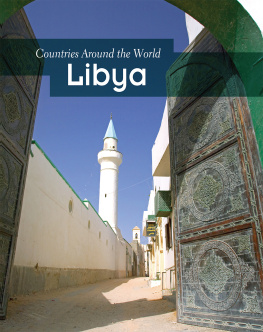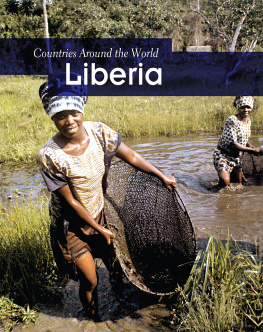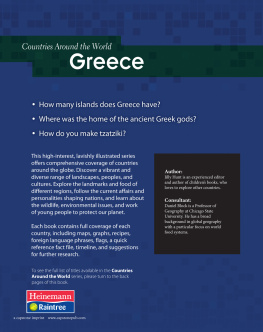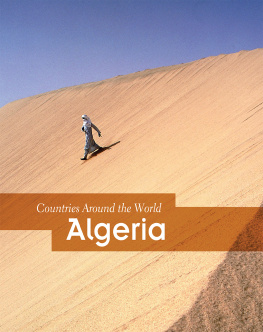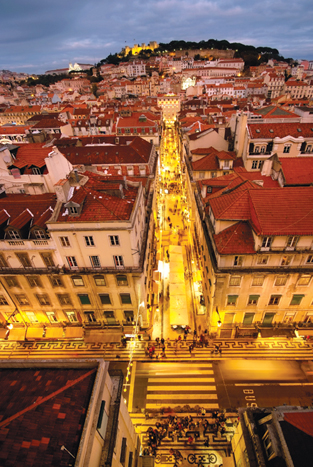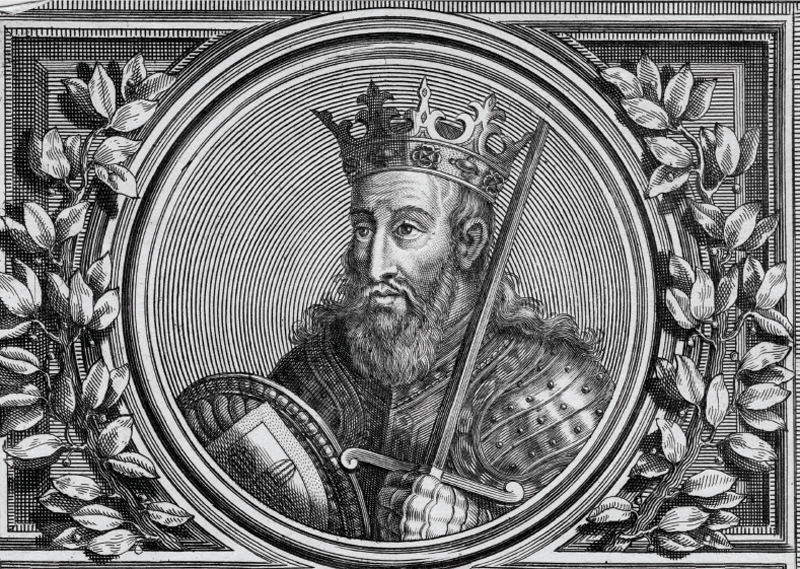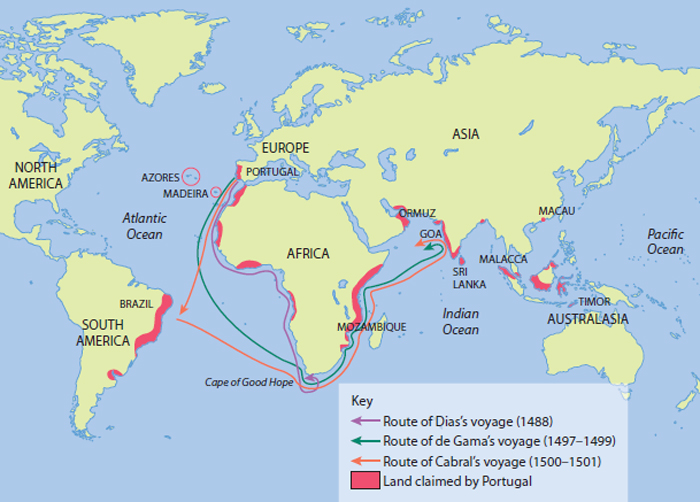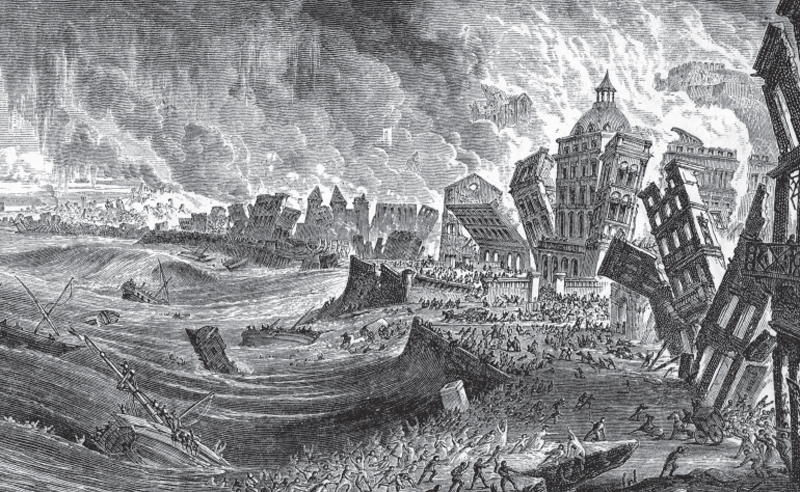Early humans were living in Portugal 30,000 years ago. Neolithic humans came to Portugalfrom southern Spain, bringing farming, pottery, and metal-working skills.
Celts arrived in northern Portugal between 700 and 600 BCE. Meanwhile, Phoeniciansfrom the area that is now Lebanon settled in coastal areas of Portugal, followedby settlers from modern-day Tunisia. From 210 BCE, Romans began to move into Portugal.Various tribes further inland resisted Roman invasion and held out for 50 years.Julius Caesar brought Portugal within the Roman Empire , and in 60 BCE a capital wasestablished at Olisipo (Lisbon).
VIRIATHUS (DIED 139 BCE)
Viriathus was a warrior who led a tribe of Celts against the Romans. He stopped theRomans from advancing north in Portugal for 50 years. In the end the Romans bribedhis own warriors to kill him as he slept. Without his strong opposition, the Romanswere able to invade the rest of Portugal.
Visigoths invade
Christianity came to Portugal in the 1st century CE. Roman rule was declining bythe begining of the 400s CE, and invading tribes such as the Suevi and Visigothsbegan to take land. The Visigoths ruled for over 200 years and were based in Spain.
The Moors in Portugal
Moors from North Africa then began to settle in the south of the country in the 8thcentury. The Moors were mainly Muslim but were tolerant of Christians and Jews andbrought new technologies. However, Christians wanted to take the land back. Theybegan fighting in Spain around 718 CE. This struggle, known as the Reconquista , continuedfor centuries. In 1139 Afonso Henriques declared himself the first king of Portugal.Only the regions of Alentejo and the Algarve remained under Muslim control. FinallyAfonso III (12101279) took back these lands in 1249 and established Portugal muchas it is today.
Afonso I was the first king of Portugal.
A stronger power
Afonso III's son, the skilled Dom Dinis (12791325), made Portugal stronger. He built fortresses along the Spanish border and improved farming and trade. Under his ruleeducation and the arts flourished.
Looking overseas
During the 1400s the Portuguese began exploring the world, hoping to find wealthand spread Christianity. Portuguese explorers arrived in Madeira around 1419 andthe Azores in 1427. By 1460 much of the west coast of Africa had been explored. BartolomeuDias sailed round the southern tip of Africa in 1488, and Vasco da Gama opened upthe trade route to India a decade later. The Portuguese monarchy became the richestin Europe. The explorer Pedro lvares Cabral arrived in Brazil in 1500, and by themid-1500s, Portugal had trading posts at Goa, Malacca, Ormuz, and Macau.
Vasco da Gama (around 14601524) is one of Portugal's most famous explorers.
This map shows how much of the world Portuguese explorers reached between 1415 and1543.
Spanish rule
In 1580, Philip II of Spain was crowned Filipe I of Portugal. Portugal's identity was largely protected and the economy improved, but the Portuguese people hated foreignrule. Portugal lost British and Dutch allies and trade links and started to loseparts of its overseas empire. Later, the Spanish taxed the Portuguese people heavily.In 1640, the Portuguese duke of Bragana was declared King Joo IV of Portugal. Spainwas too busy with other wars to stop this from happening.
Daily life
While royalty, the upper class, and traders became very wealthy, the rest of thePortuguese population did not gain much from the new discoveries. Most of the richesfrom the New World went to the monarchy and were not invested in businesses athome.
Disaster and decline
In 1755, a huge earthquake destroyed the capital city of Lisbon. The tremors werefollowed by a devastating fire and a tsunami . The king's chief minister, the Marqusde Pombal, set about rebuilding the city and modernizing Portugal. However, as thecountry recovered, a new threat appeared. Portugal was pulled into war against theFrench leader Napoleon by its ally, Great Britain. In 1807 Napoleon invaded Portugaland was only defeated in 1811. Portugal was weakened and its richest overseas colony ,Brazil, became independent in 1822.
The Lisbon earthquake killed 90,000 people, and the city was ruined.
Salazar
At the start of the 1900s, Portuguese industry was not growing, trade was limited,and many people emigrated to Brazil. Then in 1908 King Dom Carlos and his son were assassinated by people who wanted Portugal to become a republic . Portugal was declareda republic in 1910, and the remaining royal family fled the country. Chaos continuedthough, with 45 changes of government in 16 years.
In 1932, Antnio de Oliveira Salazar became prime minister. Salazar would not giveup Portugal's colonies in Africa and Asia, and this led to unpopular and expensivewars. Salazar died in 1970, and the overseas wars continued, along with new economicproblems at home. In 1974 a relatively peaceful coup took place. It was called theRevolution of the Carnations because soldiers put flowers in their gun barrels. Portugalbecame a democracy .

